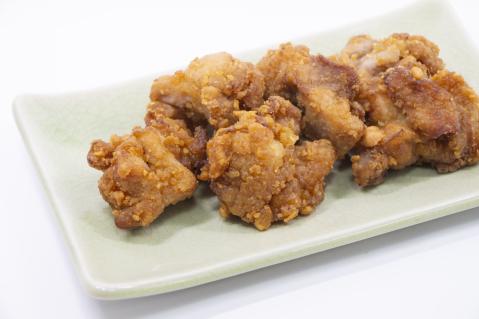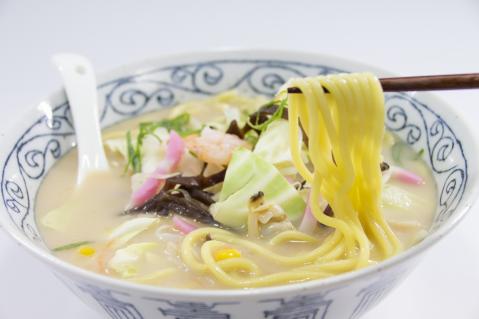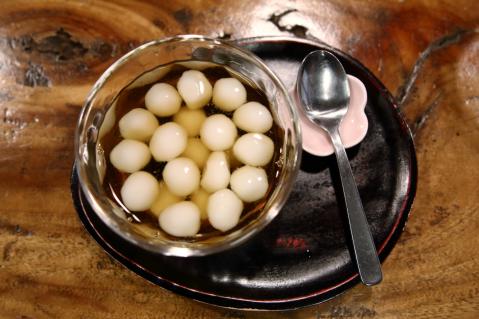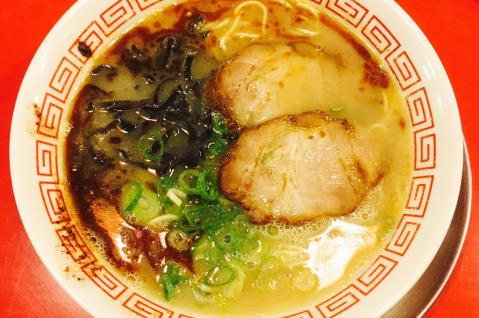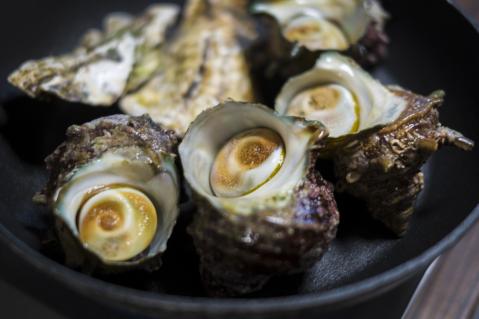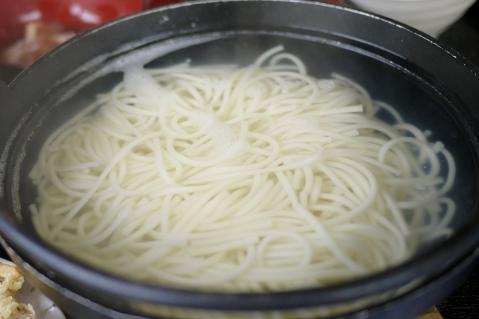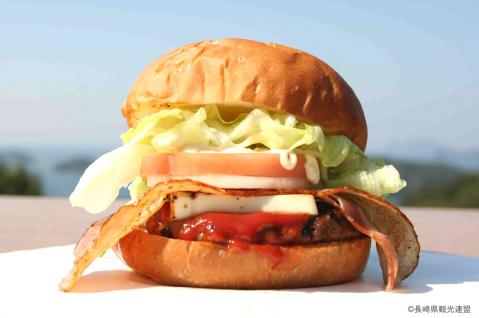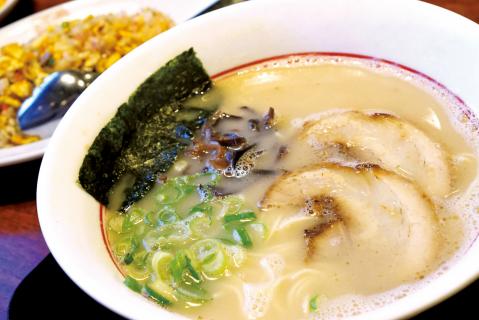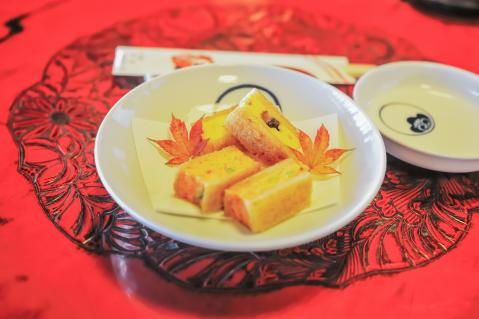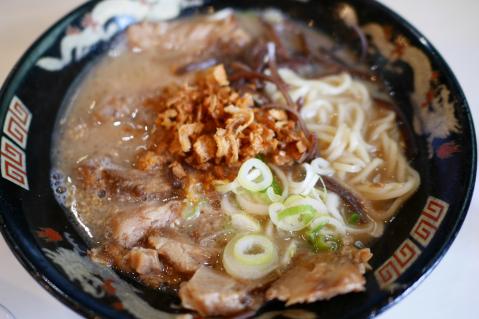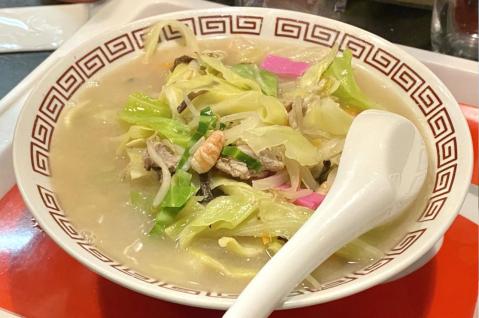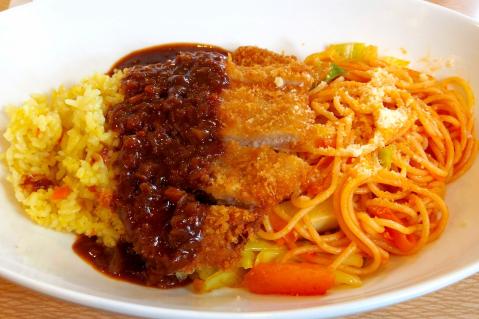New Articles
Get it from Nakatsu
The B-class gourmet “Nakatsu Karaage” representing Oita Prefecture is now famous nationwide! There are many karaage specialty shops in Nakatsu City, and it is said to be the sac...
Nagasaki Champon
Champon, which is said to be the origin of Nagasaki City, Nagasaki Prefecture, is one of the local specialties that have been loved in Nagasaki since the Meiji period. Seafood ...
Kanzarashi
Boiled small dumplings made from shiratama flour, cooled in Shimabara spring water, and special honey made with honey, sugar, etc. It is a popular rustic local taste for its ele...
Kumamoto ramen
This ramen was propagated from Kurume City, Fukuoka Prefecture, the birthplace of Tonkotsu ramen, through Tamana City, Kumamoto Prefecture, to Kumamoto City and surrounding area...
Tsuboyaki of Sazae
In Misaki Hato in Saga Prefecture, there are stalls where you can eat zae-tsuboyaki, and you can taste Tsuboyaki of Sazae at reasonable prices. Tsuboyaki of turban turban with ...
Goto udon
Along with Sanuki udon and Inaniwa udon, Goto udon is called one of the three major udon noodles in Japan. It is characterized by a thin noodle but has a strong body and is age...
Sasebo Burger
The beginning of the U.S. Navy officials stationed around Showa 25 gave a recipe, and eventually arranged to fit the Japanese mouth, and now burgers have become a specialty of S...
Nagahama ramen
Fukuoka is famous for Hakata ramen, but Nagahama ramen is also one of Fukuoka's specialties. Nagahama ramen is characterized by thin noodles in pork bone soup with rich flavor....
Nagasaki specialty pigeons
Hatoshi is one of Nagasaki's local dishes. Shrimp surimi wrapped in bread dough and deep-fried in oil. It is a dish that was introduced through trade from China. It was widely ...
Kagoshima ramen
Kagoshima ramen is a ramen in Kagoshima that uses half-turbid soup straight noodles based on tonkotsu. Tonkotsu soup is different from pork bone soup such as Kumamoto and Hakat...
Obama Champon
Obama champon is characterized by a light yet rich soup with pork bone, chicken gala, seafood, and anchovy stock. The savory shrimps with fried shells will fascinate those who ...
Nagasaki Turkish rice
Nagasaki specialty Turkish rice is a satisfying Western-style dish with dry curry (or pilaf or fried rice), tonkatsu and spaghetti on a plate. Try eating and comparing the loca...
